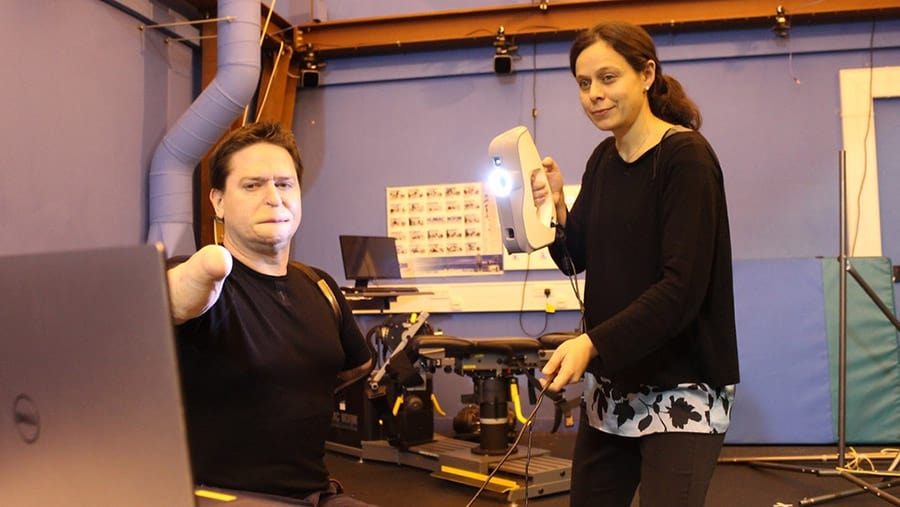Project that enhances prosthetic socket fitting process could have big impact on patient rehab

A University of Bath research project is striving to dramatically improve support for amputees in need of a prothesis through speeding up the socket fitting process.
Currently, if a person has an amputation and requires a prosthetic limb, they need a socket fitted. This is the interface that connects the prosthetic to the residual limb.
However, sizing and fitting the right socket can take months and require multiple trips back and forth to hospital, as the stump can change size and shape as it heals. This delay can seriously impair rehabilitation and quality of life, the university highlights.
According to the University of Southampton, roughly 100 million people globally need a prosthetic limb. It is estimated that around four-fifths of those across low- and middle-income countries do not have access to appropriate support.
Through the new research project being led by Dr Nicola Bailey and Dr Elena Seminati, the University of Bath team hopes to dramatically speed up this process.
They believe this could have big impacts on patient rehabilitation in the UK and internationally, in particular across low- and middle-income countries.
The researchers’ aim is to develop technology that can enable patients and their families to photograph the remaining residual limb remotely at home, for example using a mobile phone or digital camera. The goal is to replicate the results clinicians can get in specialist hospitals using high-end 3D scanners but remotely and at a fraction of the cost.
Dr Elena Seminati from the University’s Department for Health has previously led work improving support for amputees over several years, including with the University’s Centre for the Analysis of Motion Capture (CAMERA).
She explained how this approach could be beneficial both for patients and for clinicians: “For amputees, each socket needs to be personalised, so it fits the shape of the residual limb, and it has to be designed quickly so that patients are able to get back to a relatively normal life as soon as possible. Through this work we want to find ways to speed up this process so as to improve rehabilitation for patients.”
Dr Nicola Bailey from the Department of Mechanical Engineering, who will lead the work, added: “There is a huge potential for impact through this project. The numbers of people with amputations worldwide is growing, and we know they can face serious physical and psychosocial disabilities which compromise their quality of life.
“Prosthetics can certainly improve people’s independence and inclusion, but to maximise prosthetic users’ experience and comfort, a well-fitting prosthetic socket is vital. By trialling, testing and developing new technologies we hope to find ways to better support patients and to help them in the recovery process.”
The work is part of the TIDAL N+ project, which is led by University College London’s Global Disability Innovation Hub and funded by the Engineering and Physical Sciences Research Council (EPSRC) to support researchers across the UK to develop a range of new assisted living products and services.
Last month, the UK Government awarded a total of £5 million to 22 projects to drive forward pioneering treatments and assistive technologies to support veterans’ healthcare. Among these innovative projects were assistive technology solutions and research that can help veterans remain independent, such as Imperial College London research to improve prosthetics.

